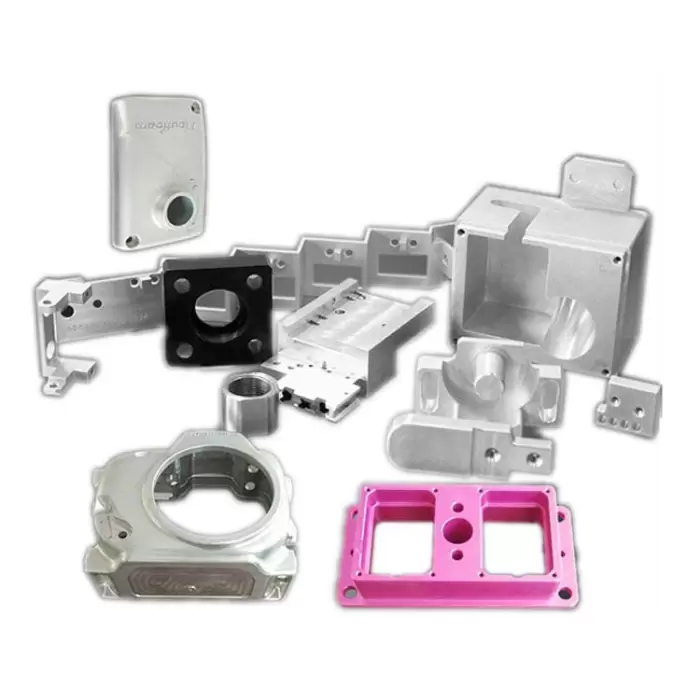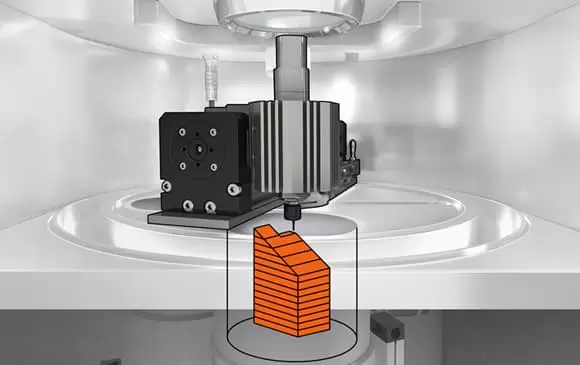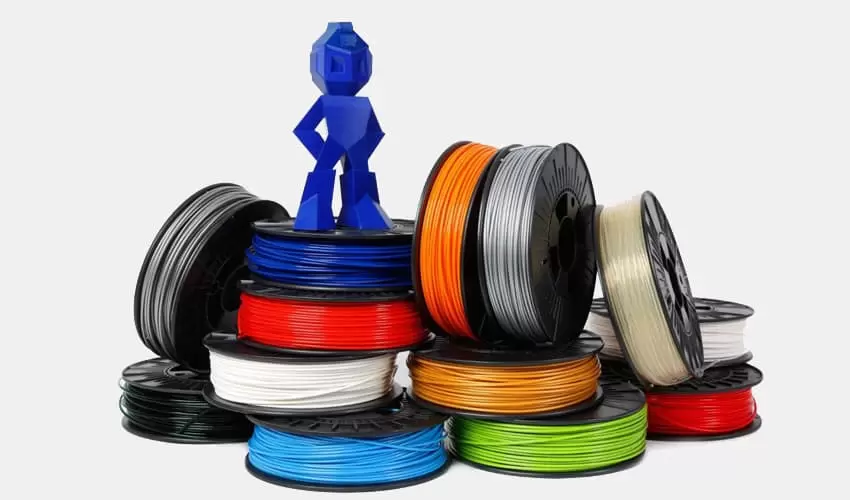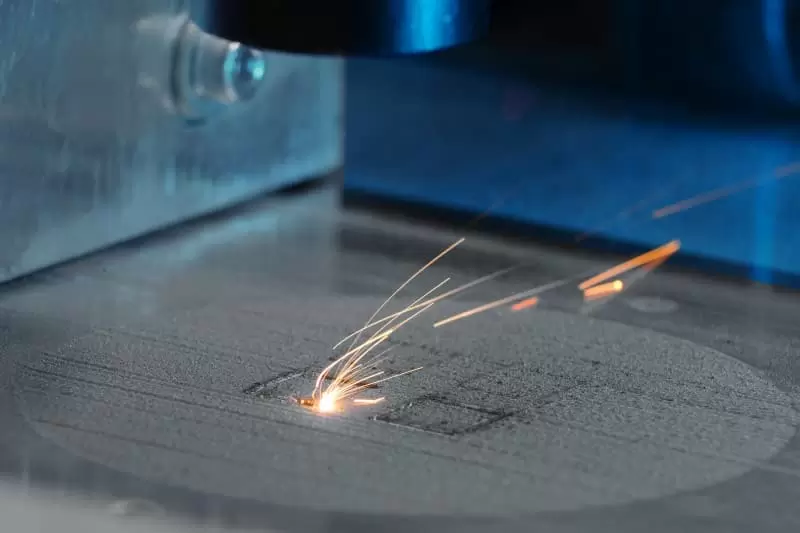Looking for CNC machining parts suppliers? Our company offers high-quality manufacturing solutions for a wide range of industries. We specialize in precision machining, prototyping, and production runs. Contact us today for a quote!
I. Introduction
- Definition of CNC machining parts
- Importance of choosing the right supplier
- Overview of the guide
II. Factors to Consider When Choosing CNC Machining Parts Suppliers
- Quality standards and certifications
- Materials and equipment used
- Capacity and lead times
- Communication and customer service
- Pricing and payment terms
III. Types of CNC Machining Parts Suppliers
- Large-scale manufacturers
- Small and medium-sized enterprises (SMEs)
- Online marketplaces and directories
IV. How to Find CNC Machining Parts Suppliers
- Referrals and recommendations
- Online search engines and directories
- Trade shows and exhibitions
- Social media and professional networks
V. Evaluating CNC Machining Parts Suppliers
- Requesting quotes and samples
- Reviewing supplier profiles and portfolios
- Checking references and testimonials
- Conducting site visits and audits
VI. Working with CNC Machining Parts Suppliers
- Negotiating contracts and terms
- Managing orders and logistics
- Monitoring quality and performance
- Resolving disputes and issues
VII. Conclusion
- Recap of key takeaways
- Final recommendations and considerations
- Future outlook for CNC machining parts suppliers.
I. Introduction:
CNC machining parts are widely used in various industries, and choosing the right supplier can make a significant difference in the quality, cost, and delivery of your products. In this guide, we'll explore the key factors to consider when selecting a CNC machining parts supplier, the different types of suppliers available, and the best ways to find and evaluate them. By following these guidelines, you can ensure that you partner with a reliable and competitive supplier that can meet your specific needs.
II. Factors to Consider When Choosing CNC Machining Parts Suppliers:
There are several critical factors to consider when evaluating CNC machining parts suppliers. Quality standards and certifications, materials and equipment used, capacity and lead times, communication and customer service, and pricing and payment terms are all essential elements that can affect the success of your project. We'll delve into each of these factors in detail, providing guidance on how to assess and compare different suppliers based on your requirements.
III. Types of CNC Machining Parts Suppliers:
CNC machining parts suppliers can vary greatly in size, capabilities, and specialties. Large-scale manufacturers, small and medium-sized enterprises (SMEs), and online marketplaces and directories all offer different advantages and disadvantages. We'll explain the pros and cons of each type of supplier, as well as the best scenarios where each option may be most suitable.
- OEM suppliers: These are companies that produce original equipment for other manufacturers. They have the capability to design and manufacture custom CNC parts according to the specifications and requirements of their clients.
- Contract manufacturers: These are companies that offer CNC machining services to other businesses. They have the equipment and expertise to produce CNC parts from various materials and processes. They usually work on a project-by-project basis and charge a fee for their services.
- Distributors: These are companies that sell CNC parts from different sources. They have a large inventory of standard and specialized CNC parts that can be delivered quickly and conveniently. They often provide after-sales support and technical assistance to their customers.
- Brokers: These are companies that act as intermediaries between CNC parts buyers and sellers. They have access to a network of CNC parts suppliers and can help their clients find the best deals and quality. They usually charge a commission for their services.
IV. How to Find CNC Machining Parts Suppliers:
Finding the right CNC machining parts supplier requires some research and effort. There are several ways to locate potential suppliers, including referrals and recommendations, online search engines and directories, trade shows and exhibitions, and social media and professional networks. We'll provide tips and strategies for each of these methods, as well as how to use them effectively to identify and contact the most promising suppliers.
V. Evaluating CNC Machining Parts Suppliers:
Once you have a list of potential suppliers, it's time to evaluate them. Requesting quotes and samples, reviewing supplier profiles and portfolios, checking references and testimonials, and conducting site visits and audits are all essential steps in this process. We'll walk you through each step, providing guidance on what to look for and what questions to ask to help you make an informed decision.
VI. Working with CNC Machining Parts Suppliers:
Once you've selected a CNC machining parts supplier, it's critical to establish a strong working relationship with them. Negotiating contracts and terms, managing orders and logistics, monitoring quality and performance, and resolving disputes and issues are all critical components of this partnership. We'll provide best practices and tips for each of these areas to help you foster a collaborative and productive relationship with your supplier.
VII. Conclusion:
Choosing the right CNC machining parts supplier can be a complex and challenging process, but by following the guidelines and strategies outlined in this guide, you can make an informed decision that meets your needs and goals. By selecting a reliable and capable supplier, you can ensure that your products meet the highest quality standards, are delivered on time, and are priced competitively. We hope this guide has been helpful and wish you success in your search for the perfect CNC machining parts supplier.




